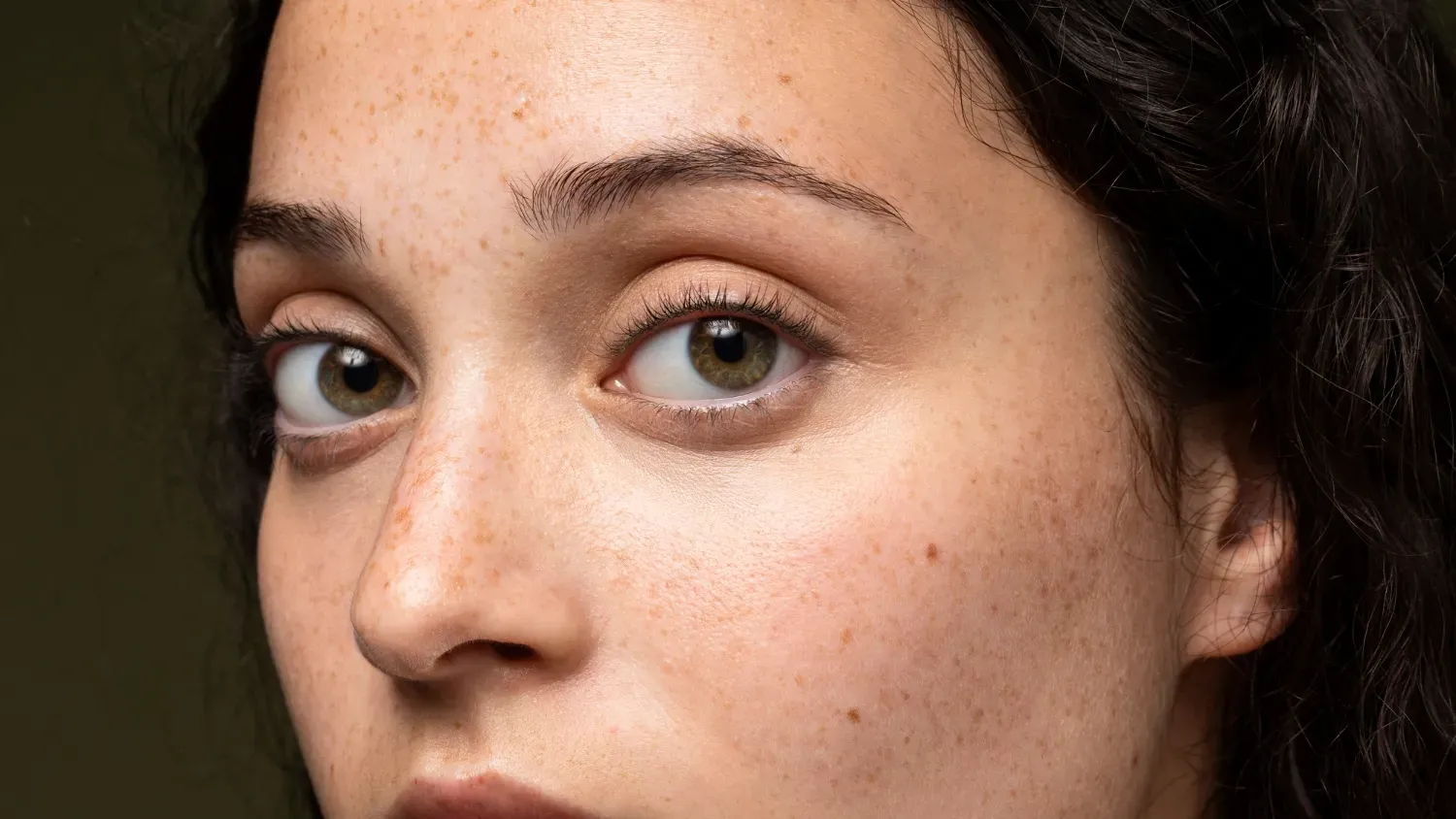Will Pigmentation Go Away? Everything You Need to Know


If you've noticed dark spots on your skin, especially during the summer months, you're not alone. Hyperpigmentation is a common condition that causes the skin to darken. While its typically harmless, many people wonder if pigmentation will go away on its own or if treatment is necessary. In this article, we'll explore the causes of hyperpigmentation, different types of treatments, and whether or not pigmentation can fade over time.
Hyperpigmentation can be caused by several factors, including:
Understanding the underlying cause of your hyperpigmentation can help determine the best course of treatment.
There are various treatment options available for hyperpigmentation. Here are a few popular ones:
Topical Treatments: These include creams, serums, and gels that contain ingredients like hydroquinone, retinol, or kojic acid to lighten dark spots.
When it comes to addressing dark spots on the skin, topical treatments play a crucial role in many skincare routines. These treatments, such as creams, serums, and gels, are formulated with specific ingredients that have been proven effective in lightening dark spots and promoting a more even complexion.
One popular ingredient found in these topical treatments is hydroquinone. Hydroquinone is a skin-lightening agent that works by inhibiting the production of melanin, the pigment responsible for dark spots. By reducing melanin production, hydroquinone helps fade existing dark spots and prevents new ones from forming. It is important to note that hydroquinone should be used under the guidance of a dermatologist, as it can cause skin irritation in some individuals.
Another ingredient commonly found in topical treatments is retinol. Retinol is a derivative of vitamin A and is known for its ability to promote cell turnover and collagen production. By increasing cell turnover, retinol helps to fade dark spots and reveal fresher, more youthful-looking skin. Additionally, retinol can improve the overall texture and tone of the skin, making it a valuable ingredient in the fight against dark spots.
Kojic acid is another ingredient often incorporated into topical treatments for its skin-lightening properties. Derived from certain fungi, kojic acid works by inhibiting the production of tyrosinase, an enzyme involved in melanin synthesis. By reducing the activity of tyrosinase, kojic acid helps to fade dark spots and even out skin tone. It is worth noting that kojic acid can be drying to the skin, so it is important to use it in conjunction with a moisturizer.
When using topical treatments for dark spots, it is essential to follow a consistent skincare routine and be patient with the results. Results may vary depending on the severity of the dark spots and individual skin type. It is also important to protect the skin from further damage by wearing sunscreen daily, as exposure to the sun's harmful UV rays can worsen dark spots.
In-Office Treatments: Procedures like chemical peels, microdermabrasion, or laser therapy can help reduce hyperpigmentation.
It's important to consult with a dermatologist to determine the most suitable treatment for your specific type of hyperpigmentation.
Whether or not pigmentation will go away on its own depends on the type and severity of the condition. Some forms of hyperpigmentation, such as sunspots, may fade over time with proper sun protection and skincare. However, other types, like melasma, may require ongoing treatment to manage.
For sunspots, which are dark spots caused by sun exposure, practicing sun protection is crucial. This includes wearing sunscreen with a high SPF, seeking shade during peak sun hours, and wearing protective clothing. With consistent sun protection, sunspots may gradually fade over time.
On the other hand, melasma is a type of hyperpigmentation that is often triggered by hormonal changes, such as pregnancy or the use of birth control pills. Unlike sunspots, melasma may not fade on its own and can persist for years if left untreated. Dermatologists may recommend a combination of treatments, including topical creams, chemical peels, and laser therapy, to manage melasma effectively.
It's important to note that hyperpigmentation treatments require patience and consistency. Results may not be immediate, and it may take several weeks or months to see noticeable improvements. Additionally, maintaining a good skincare routine and avoiding excessive sun exposure are essential for preventing further pigmentation issues.
While it may not always be possible to prevent hyperpigmentation entirely, there are steps you can take to minimize its occurrence:
With proper care and treatment, hyperpigmentation can be managed effectively, and you can achieve a more even skin tone.
In some cases, hyperpigmentation can be permanent. However, with the right treatment and skincare regimen, it's often possible to reduce the appearance of dark spots significantly.
The time it takes for hyperpigmentation to fade varies depending on factors such as the type of pigmentation, the treatment used, and individual skin characteristics. It may take several weeks to several months to see noticeable improvements.
While natural remedies like aloe vera, licorice extract, and green tea may have some skin-lightening properties, their effectiveness in treating hyperpigmentation may vary. It's always best to consult with a dermatologist for personalized recommendations.
While diet alone cannot cure hyperpigmentation, maintaining a balanced diet rich in antioxidants and nutrients can support overall skin health and may have a positive impact on the appearance of hyperpigmentation.
By understanding the causes, treatments, and prevention strategies for hyperpigmentation, you can take steps to manage this common skin concern and achieve a more even and radiant complexion.